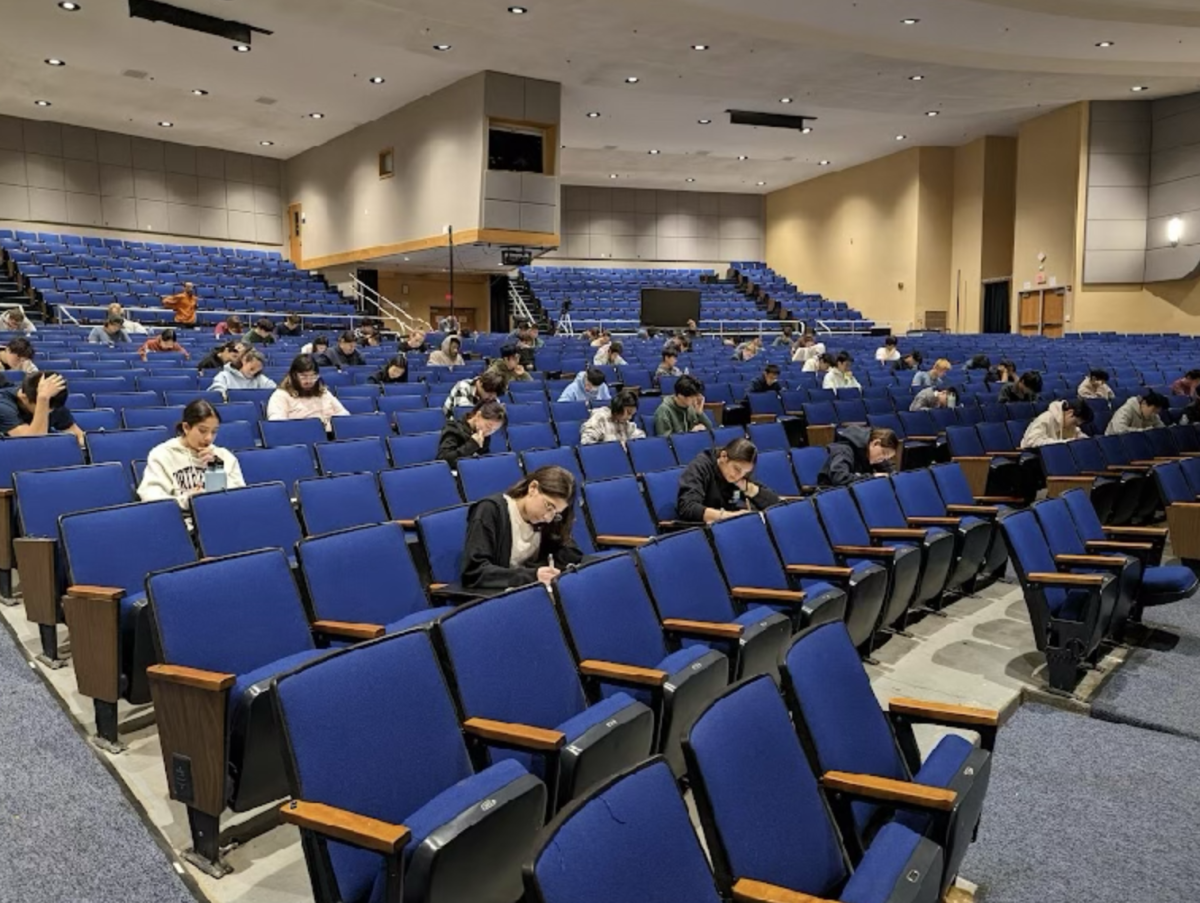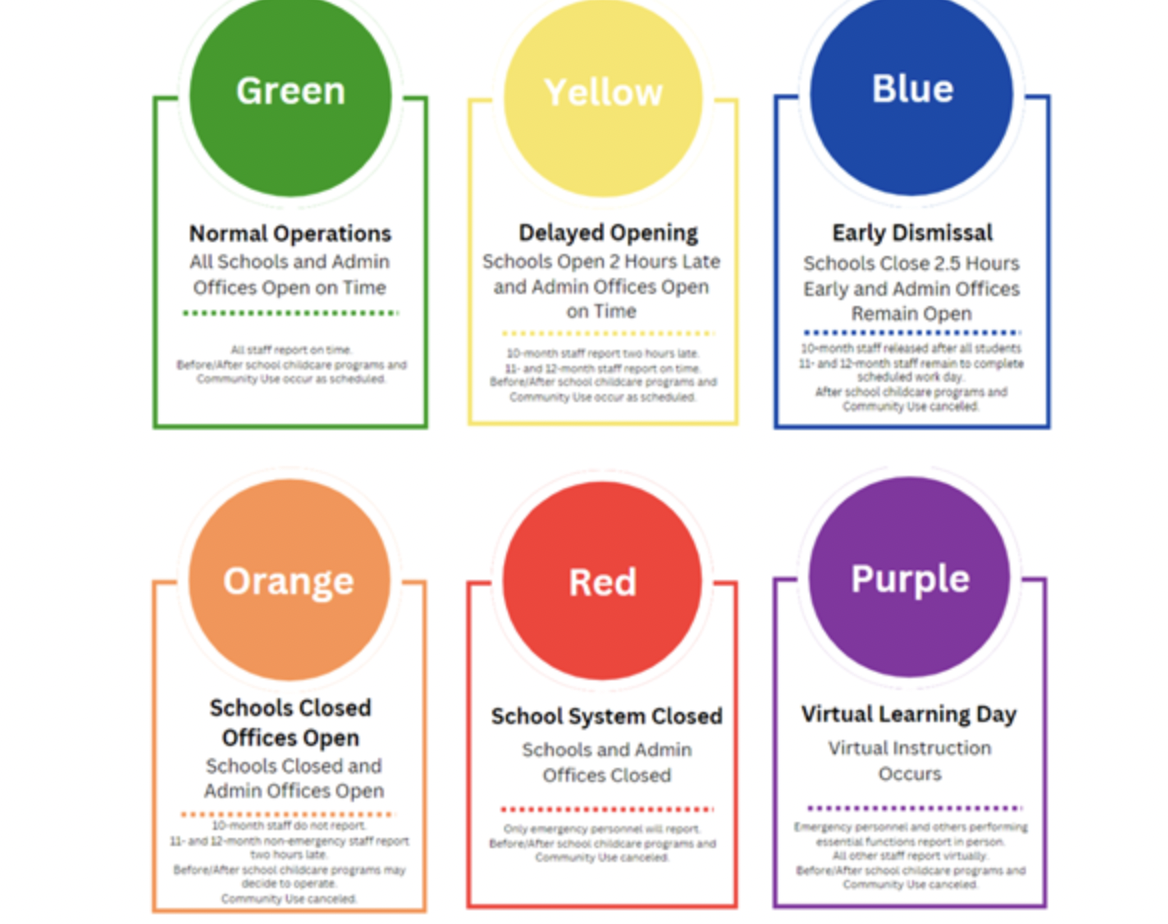Chicago, a famous musical about sex and murder, lit up the stage this month. After months of preparation, the hardworking cast and crew were excitedly awaiting opening night to showcase their hard work and talent. That is, until an appointed panel of staff members was chosen to cut out some lines, a scene, the spirit of the play and all that jazz. Thankfully, cast, crew and audiences can rest easy knowing that the play was not heavily edited beyond the point of recognition and that ultimately, student rights were preserved.
From its birth hundreds of years ago, the United States was built on the principle of freedom. This rare quality is why settlers fled to America in the first place and why thousands of people from foreign countries still hope to call the US home. Fortunately, the right to freedom of expression still remains prevalent in CHS culture. There was an attempted breech of this right, however, when the administration appointed a group of staff members to edit the school musical. The fact that the more extreme edits proposed by these faculty members were never carried out in the final production is commendable, but the administration’s choice of appointing a select group of faculty members to be in charge of censorship, its untimely response to the play and the nature of the proposed edits are concerning.
According to an Oct. 28 Washington Post article, all references to alcohol and religion were removed from the script. This report proved inaccurate on opening night, however, when a character prayed several times with a rosary in hand and characters delivered several lines concerning alcohol consumption.
According to drama teacher Jessica Speck, a scene that was initially chosen to be cut out entirely was allowed back into the script and only minor language changes that could be perceived as offensive to certain religious and ethnic groups were removed.
The administration should be applauded for maintaining the essence of the play, but one of the most frightening aspects of this issue lies not in the proposed edits to the play, but in the fact that an appointed committee of staff members instead of the principal was placed in charge of something as serious as the censoring of student expression.
The Missouri federal district court case Hazelwood School District v. Cathy Kuhlmeier established that a school administrator can censor student expression, including a student theater production, that does not have a valid educational purpose. Though, according to the Student Press Law Center, a principal can technically appoint a committee to oversee censorship of student expression, but this option should only be exercised if the principal is unable to do so him or herself.
If the school administration continues to delegate tasks as controversial as editing the content of school plays to other groups, a frightening precedent could be established. If a committee is granted the role of censoring a school play, what will stop other committees from further limiting the student voice? They could limit what types of student organizations can be created, what messages those organizations are allowed to relay or what types of articles can be written about in student publications. It’s only a matter of time before more lines are crossed.
This situation extends past the scope of students; it could easily create a tension-filled hierarchy amongst teachers.
Giving a select group of people more power than their peers is an obvious recipe for disaster. With some faculty members granted the power to censor and essentially “check” the powers of other employees, this will, even momentarily, create tension, even amongst the more amiable staff members, and resentment may begin to fester.
Yet another important issue in this incident is the poor timing of the administration’s actions.
According to a Board of Education meeting testimonial on montgomeryschoolsmd.org, the administration obtained the rights to Chicago in May and by Sept. 26 a check for the play was signed, yet the controversy broke out a month later, just weeks before opening night of the play. The administration’s actions make it seem as if student forms of expression warrant no more than a cursory glance or clumsy last minute damage control when a parent complains.
Although the proposed extensive editing of Chicago was a great concern to the outcome of the play, the situation represents so much more than the possible ruining of a musical. It represents the near destruction of student rights and as many CHS students have seen through countless history lessons, it only takes the loss of one right to begin the inevitable domino effect that sends First Amendment rights crashing down beneath us.







